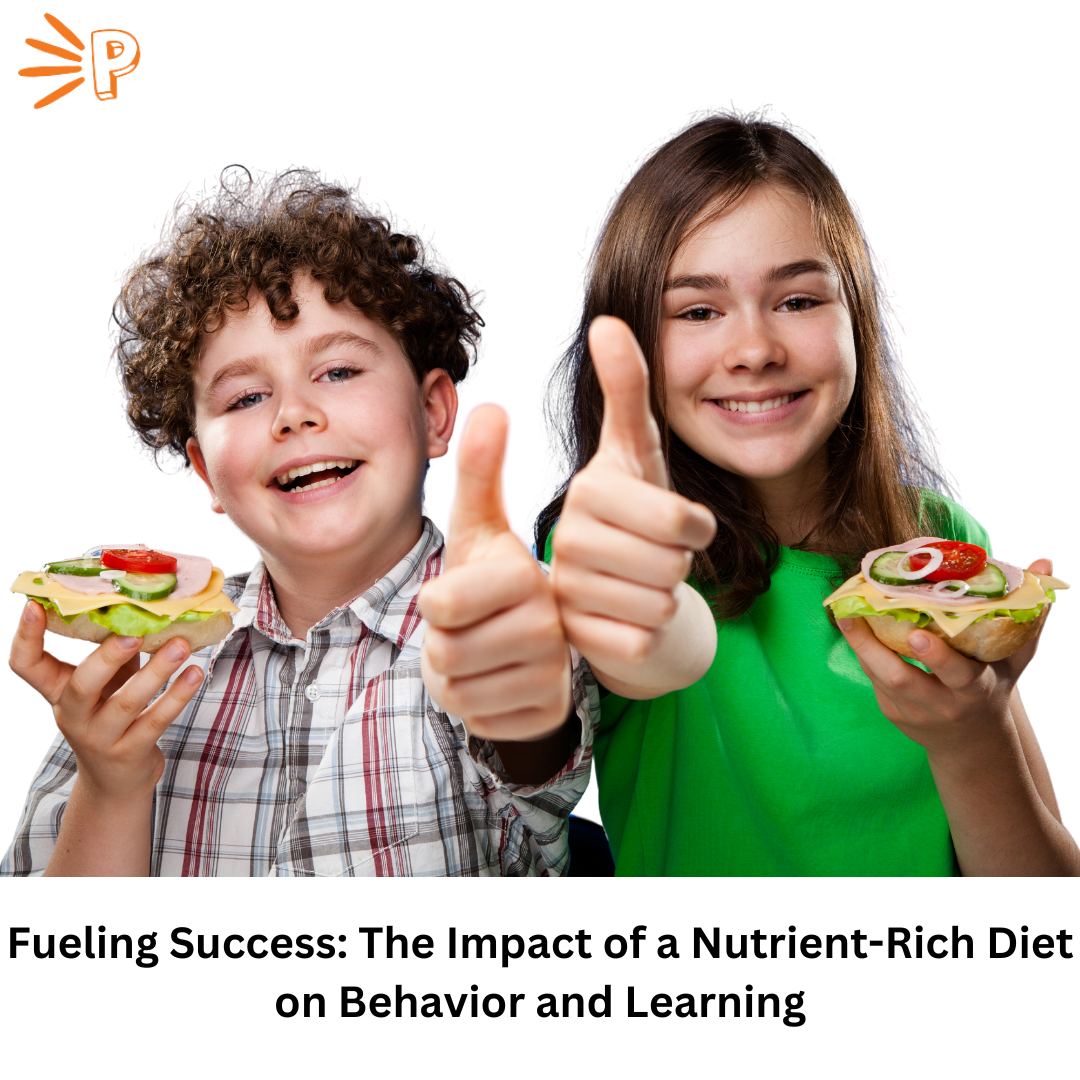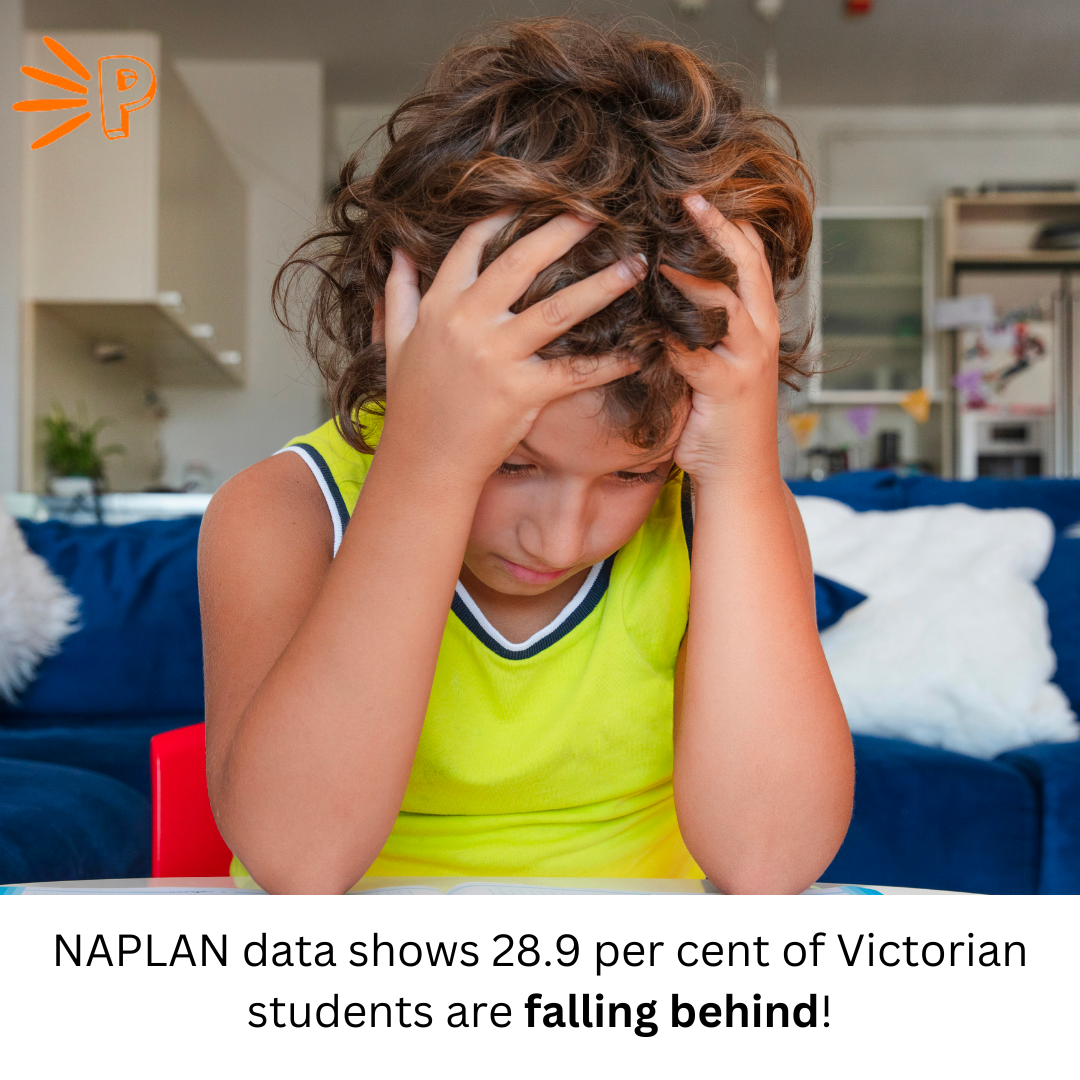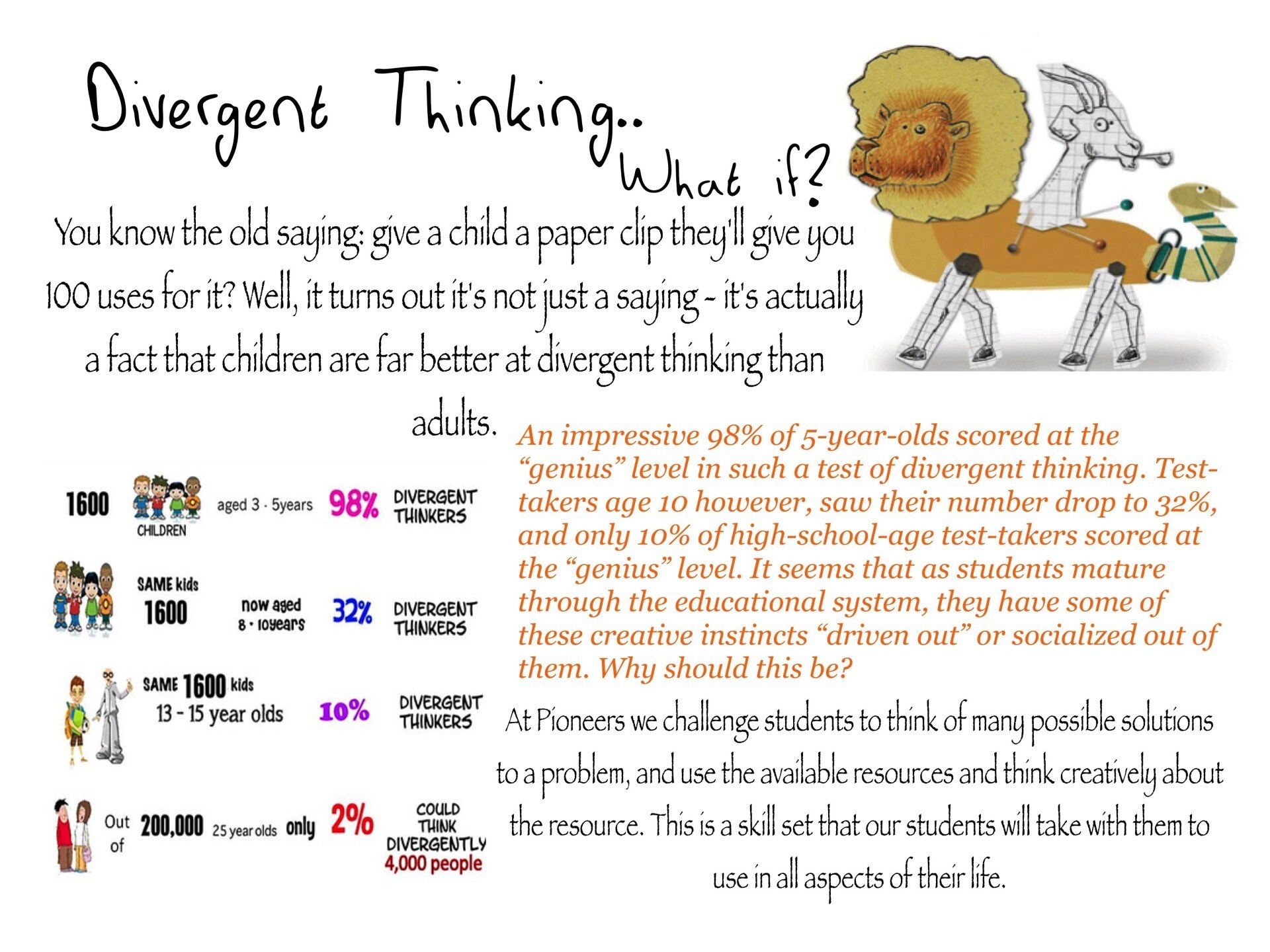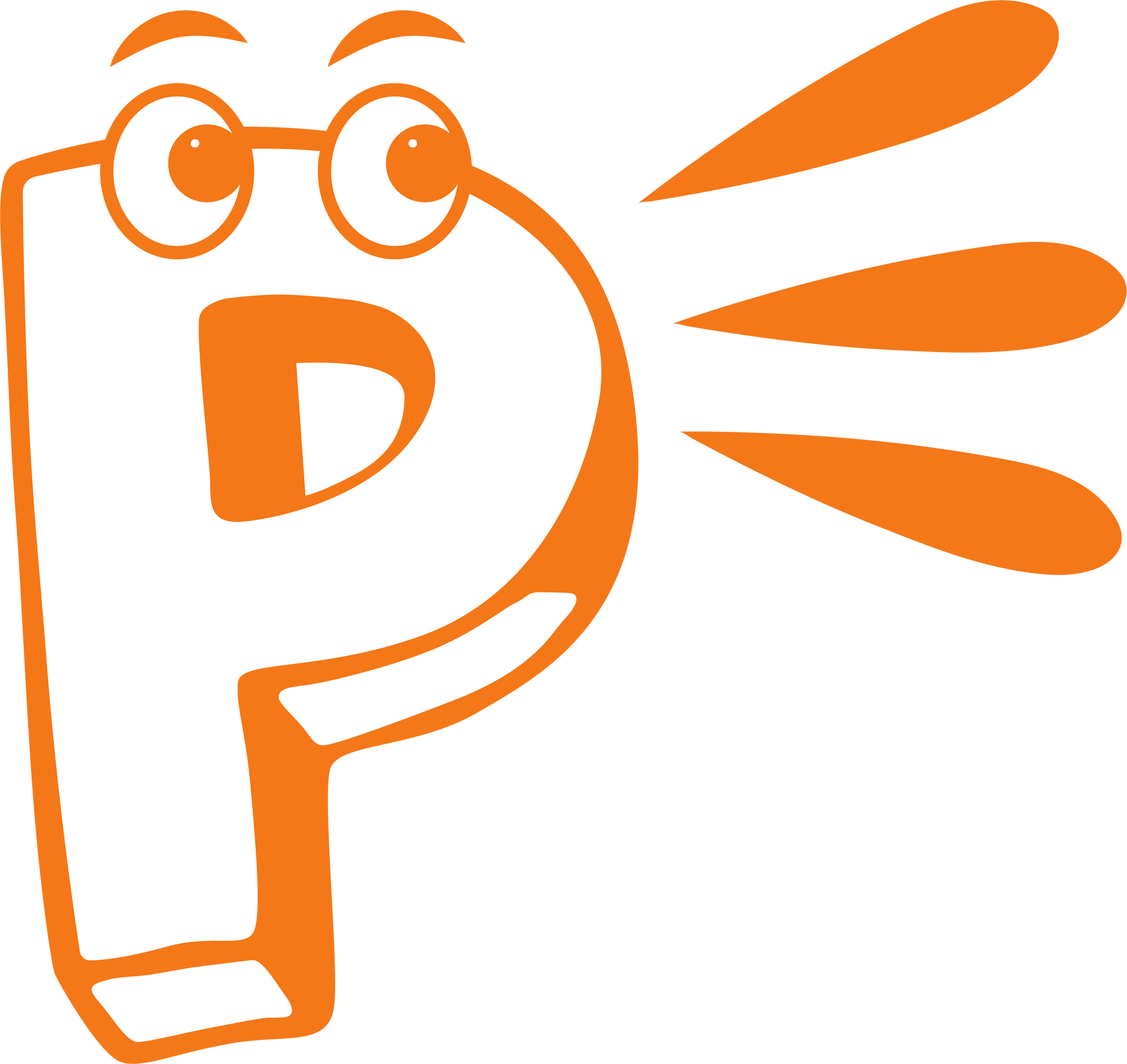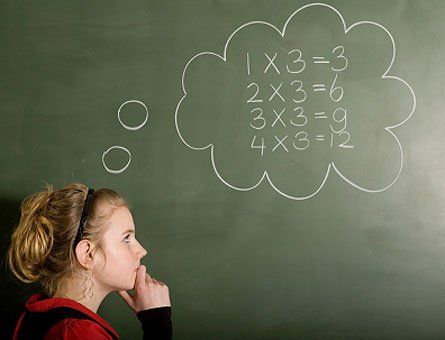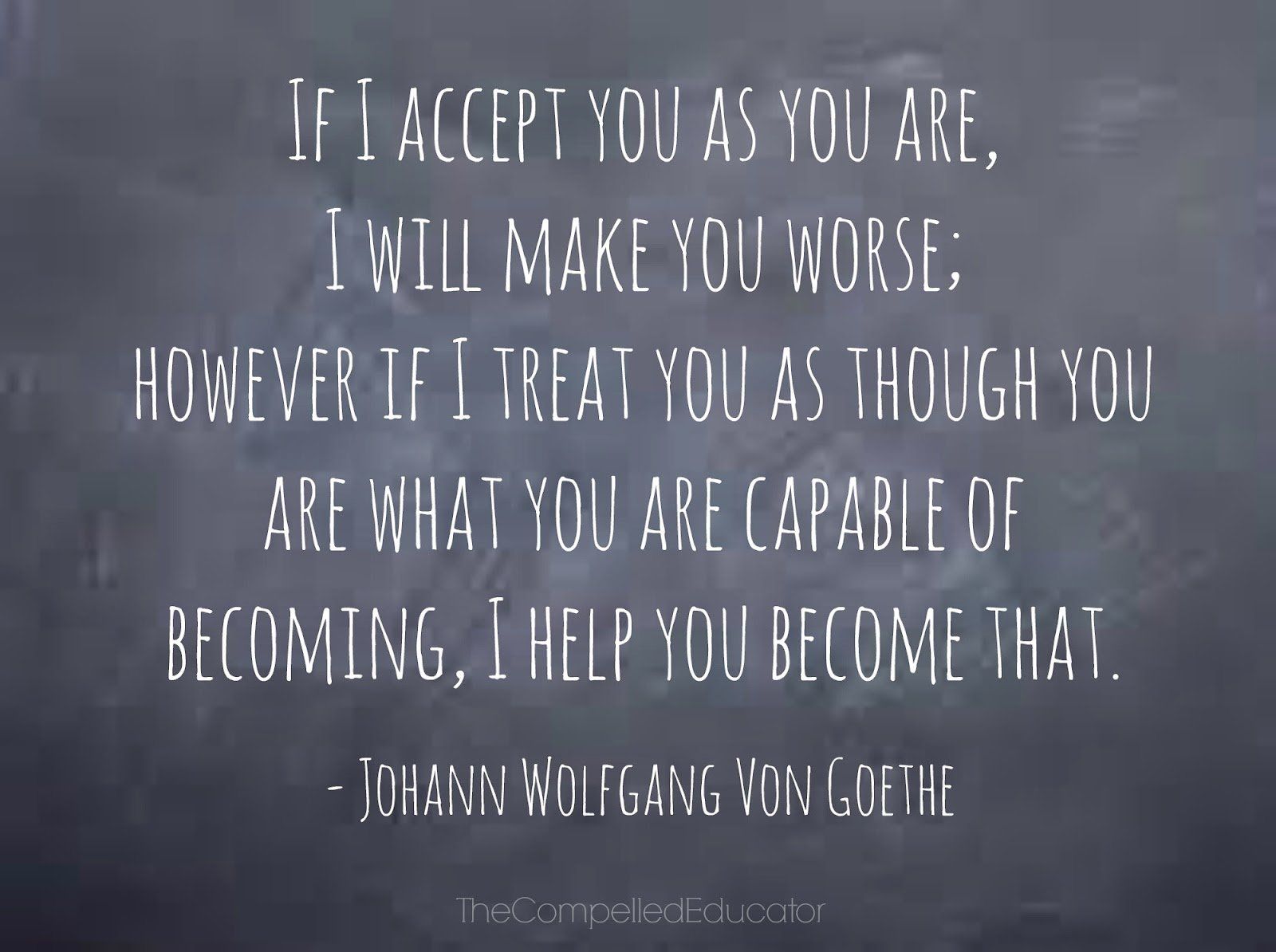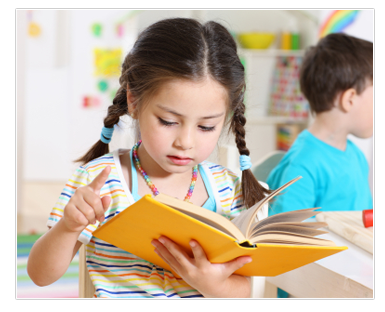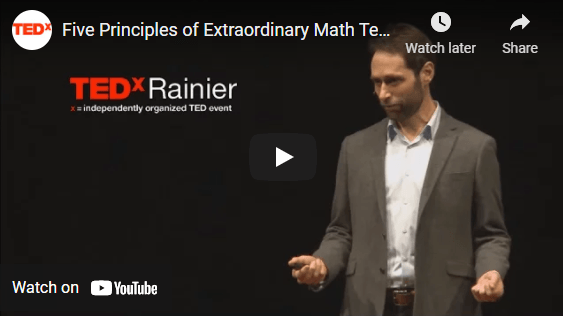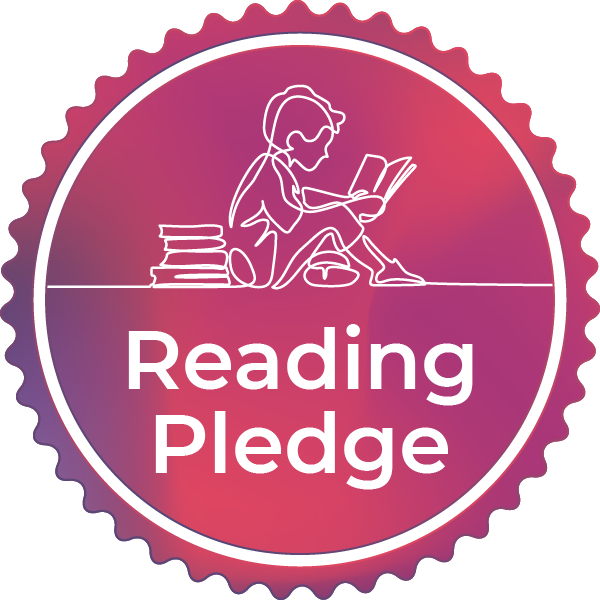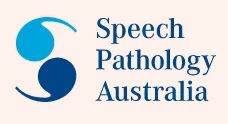Why early childhood really matters for children, families and the community!
Why early childhood matters for children, families and the community!
There has been lots of interest around the world concerning the importance of early childhood education and its direct link with student wellbeing and prosperity. Australia shows concerning results for our children starting school, too many students are at risk of being developmentally vulnerable when starting school.
Recently, a colleauge came across some research being conducted in Australia which demonstrated the real concern I have as a teacher in terms of school readiness.
Early learning education is where the first steps are taken towards your child’s academic success!
The first five years is the most crucial time for learning, this is when the brain is wired to learn quickly and absorb new information easily. The goals of early learning are to create confident learners that can question and participate in meaningful discussion. Too often we find prep students withdrawn from group discussion, and too anxious to put their hand up and contribute. We need learners that are engaged and questioning, this is where real learning takes place!
If you take a look at the above photo, we see a one in five ratio showing vulnerability in social, emotional, language, general knowledge, cognitive and physical development. This is really interesting because some parents might say what does social and general knowledge skills have to do with learning; well I can tell you as both an early childhood educator and school teacher they matter, A LOT!
Here is an example you may be able to relate to, you’re at a dinner party and sitting with a group of adults, all of a sudden, the subject changes to Donald Trump and the latest policy change. You know nothing of the matter in fact you’d heard of the situation in passing but never sat down and looked into what is actually happening in America and therefore you don’t have an opinion, nor do you want to say the wrong thing and risk looking uneducated on the matter. Now, let’s pretend your five years old with a group of other five-year old’s you’d never met before.
Just because you’re five doesn’t mean the feelings and outcomes of this social situation are not the same. In fact, they're worse because on top of this you have little to no experience in dealing with this type of scenario and therefore have no answers.
We need to ensure children are confident learners with enough general knowledge and education that they feel they have something to say on the subject of learning. We need to give them prior knowledge they can draw from in a classroom setting and give them the ability to question and discuss with other children.
A recent 2019 Politian’s briefing has recommended that children commence quality early learning at least two years prior to school (aged 3). This recommendation is supported by numerous amounts of research (click below to read full election briefing).
At Pioneers we are offering a get ready for school program that is designed for your child to become confident and engaged learner! Ready to question and discuss in the classroom.
Link to research below:
